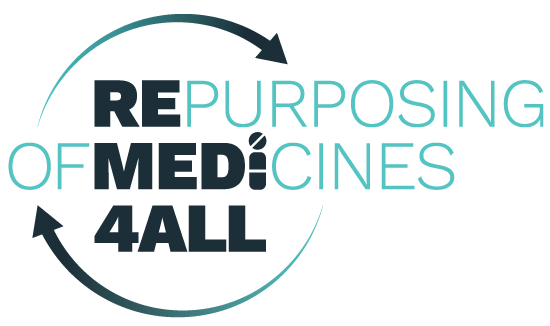Tazarotene, originally approved as a topical cream for psoriasis and acne, will be investigated as a potential treatment for multiple sulfatase deficiency in a pioneering public-private cooperative effort.
EATRIS (the European Infrastructure for Translational Medicine) is excited to announce a pivotal advance in developing a potential treatment for multiple sulfatase deficiency (MSD). This effort marks a significant milestone in drug repurposing under the umbrella of the EU-funded REMEDi4ALL project. To support advancement of this important project in the REMEDi4ALL consortium, AbbVie/Allergan (original drug manufacturer of tazarotene) has granted access to efficacy, safety and drug development data to further clinical research of tazarotene as a potential treatment option for MSD.
MSD is a devastating and ultra-rare progressive degenerative childhood disease that severely compromises psychomotor development and brain function and affects multiple organ functions. Research studies suggest that repurposing the already approved retinoid drug substance tazarotene could provide significant clinical benefit. However, tazarotene is currently approved only as a topical drug product. For treating MSD patients, tazarotene would need to be formulated instead as an oral drug product.
“AbbVie’s critical support will help bring hope to patients and families suffering from MSD in investigating the potential benefit of an already existing clinical-stage tazarotene oral drug product. This project highlights the critical role of public-private cooperation in exploring the enormous untapped potential of repositioning drugs that already have a record of human safety, especially for rare and ultra-rare diseases of high unmet medical needs.” stated Donald Lo, EATRIS Director of Medicines Development and Scientific Lead for REMEDi4ALL.
The key research identifying tazarotene for repurposing for MSD was conducted by Lars Schlotawa and colleagues at University Medical Centre Göttingen (Germany) with the support of MSD Action Foundation (Ireland). Repositioning of AbbVie’s oral formulation of tazarotene for MSD will be investigated in a Phase 1/2 open-label clinical study. The study’s primary endpoint will focus on safety evaluation, while secondary outcomes will assess changes in MSD disease progression and biomarkers. This cooperative effort holds the potential to create a life-changing therapeutic option for individuals affected by MSD.
“We are excited that our support and collaboration with Dr Schlotawa since 2016, and his drug screening research at UMG, has taken us to this point. It is a dream come true to be evaluating whether a well-known and safe drug substance, that has been in use for decades, could be redirected towards potentially becoming the first drug to be approved for the treatment of MSD. I am honoured to be the patient champion for this project and have been overwhelmed at how AbbVie have embraced our call to try to help MSD patients and families”, remarked Alan Finglas, Research Manager and Founder of MSD Action Foundation (Ireland).
The REMEDi4ALL project is the backdrop to this pivotal cooperation. As a €25M Horizon Europe initiative, REMEDi4ALL is dedicated to advancing drug repurposing efforts and increasing the availability of cost-effective treatments. This five-year project, led by EATRIS, brings together a consortium of 24 European organisations, united on a mission to explore how drug repurposing can address unmet medical needs.
– – –
About MSD Action Foundation / SavingDylan.com
MSD Action Foundation’s & SavingDylan.com are one in the same body whose main goal is: ‘To promote and support research advancements that will lead to positive clinical outcomes, and quality of life, for patients suffering from Multiple Sulfatase Deficiency’. They were the first ever dedicated patient organisation advocating for MSD when they were established in 2015. The goals of the foundation are; to support translational research in order to further breakthroughs in MSD research, to create more public awareness of MSD, and to act as a voluntary support and information exchange network for those affected by MSD and their families. Find out more here: www.savingdylan.com/about-the-foundation
About EATRIS
EATRIS is the European Infrastructure for Translational Medicine. It’s a non-profit organisation that brings together resources and services for research communities to translate scientific discoveries into benefits for patients. Users are given access to a vast array of expertise and facilities from over 150 top-tier academic centres across Europe. EATRIS focuses on improving and optimising preclinical and early clinical development of drugs, vaccines and diagnostics, and overcoming barriers to health innovation. Find out more about EATRIS here: www.eatris.eu
About The University Medical Center Göttingen (UMG)
The University Medical Center Göttingen (UMG) is one of the leading university medical institutions in Germany. With funding allocated by the state of Lower Saxony and third-party funding, UMG conducts research at the highest level and is one of the largest medical faculties in Germany, based on the number of students enrolled. The Medical Faculty is as old as the University itself, founded in 1737. The UMG has a long-standing record in MSD research. The underlying genetic defect of MSD was discovered here and since then research towards a therapy for MSD has been an integral part of the scientific activities at UMG. UMG’s Department for Paediatrics and Adolescent Medicine serves as one of a few leading expert centres for diagnosis, treatment and care of MSD patients worldwide. Find out more here: www.umg.eu/en
About REMEDi4ALL
REMEDi4ALL is an EU-funded research initiative that is driving forward the repurposing of medicines in Europe. The project is expected to make a major leap forward in drug repurposing, or finding new therapeutic option for existing drugs, in areas where there are high unmet medical needs. It is a 5-year, €25M Horizon Europe project that aims to develop an innovation platform supporting promising, high impact drug repurposing projects championed by patients in any phase of development and disease area. A global community will be established that contributes to informing and shaping policy and advancing debate and knowledge exchange worldwide. The multidisciplinary consortium involves 24 European organisations, led by EATRIS, with the common goal of making cost-effective repurposed medicines more widely available. University Medical Centre Göttingen as one of the world leading centres for MSD research and patient care is a partner of REMEDi4ALL. Find out more here: www.remedi4all.eu




